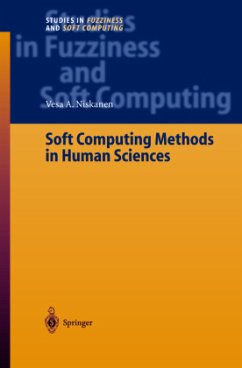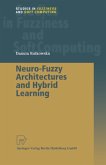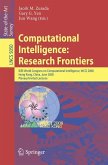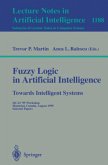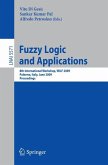This book considers Soft Computing methods and their applications in the human sciences. Soft Computing methods - including fuzzy systems, neural networks, evolutionary computing and probabilistic reasoning - are state-of-the-art methods in theory formation and model construction. They mainly stem from the natural sciences, and they have already proved to be powerful in their applications because Soft Computing models, particularly fuzzy system models, are simple and correspond well to the actual world and to human reasoning. Hence, we no longer have to use the complicated mathematical models that have prevailed in this research area. Dozens of books and thousands of articles have been devoted to applications of Soft Computing in the natural sciences, but only a few studies have focused on its applications in the human sciences, such as the social and the behavioral sciences - this despite the fact that these novel methods seem to open a number of inspiring prospects in these disciplines. In quantitative research in the human sciences, typical application areas include statistical models that can be replaced by simpler numerical or linguistic Soft Computing models. In qualitative research, Soft Computing methods can enhance modelling because, instead of having to do manual work, we can use computer simulations with approximate and/or linguistic constituents.
"Dr. Niskanens work opens new vistas in application of soft computing, fuzzy logic and fuzzy set theory to the human sciences. This book is likely to be viewed in retrospect as a landmark in its field" - Lotfi A. Zadeh, University of California, Berkeley.
From the reviews: "Dr. Niskanens work opens new vistas in application of soft computing, fuzzy logic and fuzzy set theory to the human sciences. This book is likely to be viewed in retrospect as a landmark in its field" - Lotfi A. Zadeh, University of California, Berkeley. "Niskanen ... breaks new ground in soft computing, and his book is one of just a few studies that focus on soft computing methods and fuzzy logic with respect to applications in the human sciences, namely, the social and behavioral sciences. ... Numerous figures and tables provide useful information throughout. Summing Up: Highly recommended. Upper-division undergraduates through faculty." (D. J. Gougeon, CHOICE, April, 2004)

